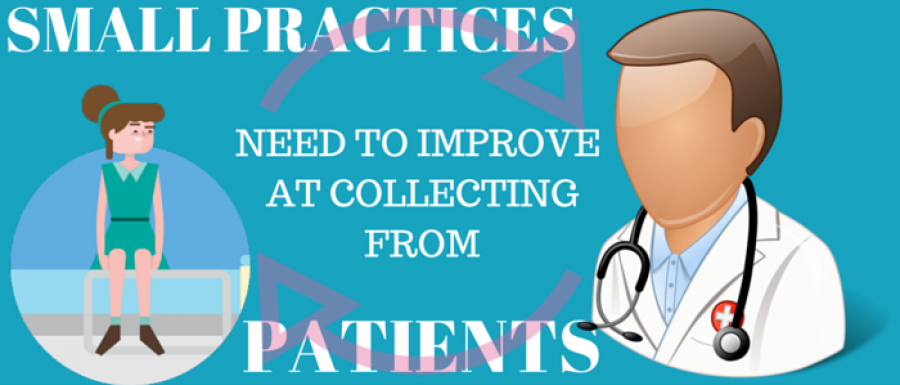
If you’re in a small medical group or are an individual medical practitioner, you probably have a lot to manage on a day-to-day basis. Unfortunately, this means that administrative processes often slip through the cracks – there simply isn’t enough time to focus on optimizing your collection process.
One of the areas in which healthcare providers have the potential to make great strides is the use of analytics. In revenue cycle management (RCM), analytics is a growing area that gives practitioners crucial insights into what they may be doing wrong – and what they may be able to fix in order to increase revenue without additional effort.
We took a close look at how analytics can help you optimize your RCM process
What are analytics?
Analytics are insights drawn from data or other elements of your business that help you make fact-based decisions or plans for improvement. It’s making data work to your advantage.
Does using analytics work?
A recent study conducted by the IBM Institute for Business Value found that more than half of top performers in healthcare used analytics to guide their sales and marketing efforts, in product research and development, and to guide their future strategy. Healthcare practices or organizations not classified as top performers in the study consistently used analytics less in each of those categories than top performers, at a rate of 20% less or more.
How can you use analytics to your advantage in revenue collection?
One of the key takeaways you’re able to draw from analytics is seeing your practice’s collection process and expenses in context. When you bring data from all of your individual sources together, you’re able to make rational, well-informed decisions that increase collections. Simply put, the numbers, when measured objectively, don’t lie.
Analytics help with collecting from patients – learn more with our infographic
Why does it matter?
Analytics are a valuable aid to help you optimize your revenue collection process, and to improve financial and administrative processes. These tools are informational resources that will highlight pain points within your RCM that may not be self-evident. For example, analytics can help you identify mistakes in your claims and avoid claim errors, discover bottlenecks in your collection process, and reduce the bad debt that you have to write off as uncollected.
It’s important for small medical practices and independent practitioners to stay ahead of larger hospitals and provider systems. Thankfully, it’s also much easier: Leaner operations can be much more nimble, moving to adjust to new information, market factors and industry insights faster than practices with several stages of decision-making. Embrace analytics now, and reap the rewards more quickly than practices that wait.
How do I start?
The best way to implement analytics is to look at top priorities within your healthcare process. If, for example, you want to improve your RCM, approach it by asking questions about your process and pulling relevant bits of data. From there, you’ll be able to see shortcomings and start re-shaping your process in the present while creating an agenda for the future.
If you have little experience in drawing insights based off medical analytics, consider partnering with a company well-versed in analytic insights that’ll help you maximize your reimbursement potential.
NEED AN RCM PARTNER? CONTACT US
Nobody likes to leave easy money uncollected. With analytics in medical RCM, you’re able to see what you’re missing out on, and fix those costly mistakes sooner rather than later.
Sources:
https://www.ibm.com/smarterplanet/global/files/the_value_of_analytics_in_healthcare.pdf
http://www.revenuecycleinsights.com/news/how-analytics-helps-healthcare-providers-overcome-revenue-cycle-challenges
*Healthcell will have no legal, moral, ethical responsibility, liability related to copyright, plagiarism, rights for reprinting in case wherever applicable, use of images, original work, etc. of this material.


